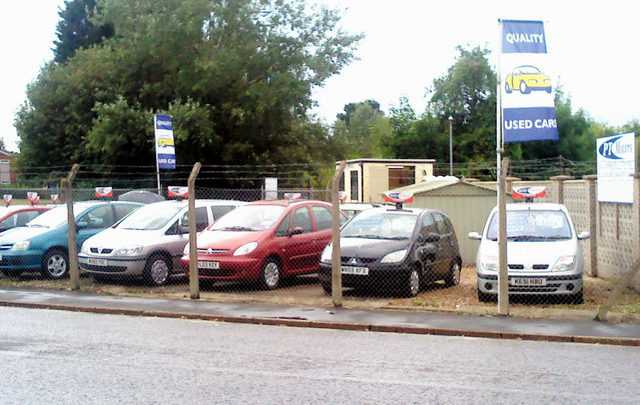
Buying A Used Car: The Questions You Need To Ask
We can’t all justify the expense of a brand new vehicle, no matter what credit options are available from the dealer. With all the expenses that come on top, including the ongoing cost of fuel and car insurance, opting for a used car and paying less at the outset often seems like a good idea. However, there are risks involved when buying second-hand. A cheaper price does not always mean better value, especially when factoring in the age of the car. To ensure you don’t drive away in something that will cause you further expense down the line, there are questions you need to ask the seller before purchasing a vehicle.
Can I have the vehicle inspected by a mechanic?
It is in your right to ask for the car to be thoroughly inspected before handing over your cash. The seller may tell you the car has been serviced recently and may have the documents to prove it, but for your peace of mind, it is still worth paying for an independent assessment by a mechanic of your choice. If you are with a breakdown service, such as the AA, you may be eligible for a free inspection, so ring your breakdown provider. If not, it’s still worth calling out a professional, despite the expense, as you don’t want to incur further expenses after purchase because you have ended up with a clunker.
Do you have the service records?
Any respectable seller should have all of the service records in order. These should date back to the original sale of the car, assuming each owner has kept a record of any repairs done. If the car owner doesn’t have records to hand, they might still have the contact details of the last dealer or garage who serviced the vehicle. If so, give the repair centre a ring and ask about the car’s history. If no service records are available from either the seller or the garage, don’t take a gamble. Walk away and continue your search elsewhere.
Does anything need replacing?
If you’re buying the car at a dirt cheap price, beware. The car will be selling cheaply because some parts of the car may be damaged or worn. The bumper may be scratched, for example, or the wipers may be past their prime. Provided there is nothing fundamentally wrong with the inner workings of the car, you may be happy to buy the car cheaply and replace any missing or broken items yourself after purchase. But do your homework. It’s easy to source parts for British model cars in the UK, but you will pay more to import parts for foreign cars. However, there are UK suppliers, such as the following linked company supplying Volvo parts, so you can reduce the expense if you shop around.
Was the car involved in an accident?
Minor bumps or scratches are no cause for alarm, but a more serious accident may be the result of serious problems within the vehicle. The seller is required by law to reveal past accidents and subsequent repairs, though it’s still worth obtaining a vehicle history report to be on the safe side. Your mechanic may also pick up on signs that indicate an accident has taken place, so as we said, ensure you benefit from this professional advice.
Finally
By asking the right questions before purchase, you should be able to make an informed decision before parting with your cash. Good luck if you are going through the car-buying process at the moment, and if you have any further advice for our readers, please let us know.




